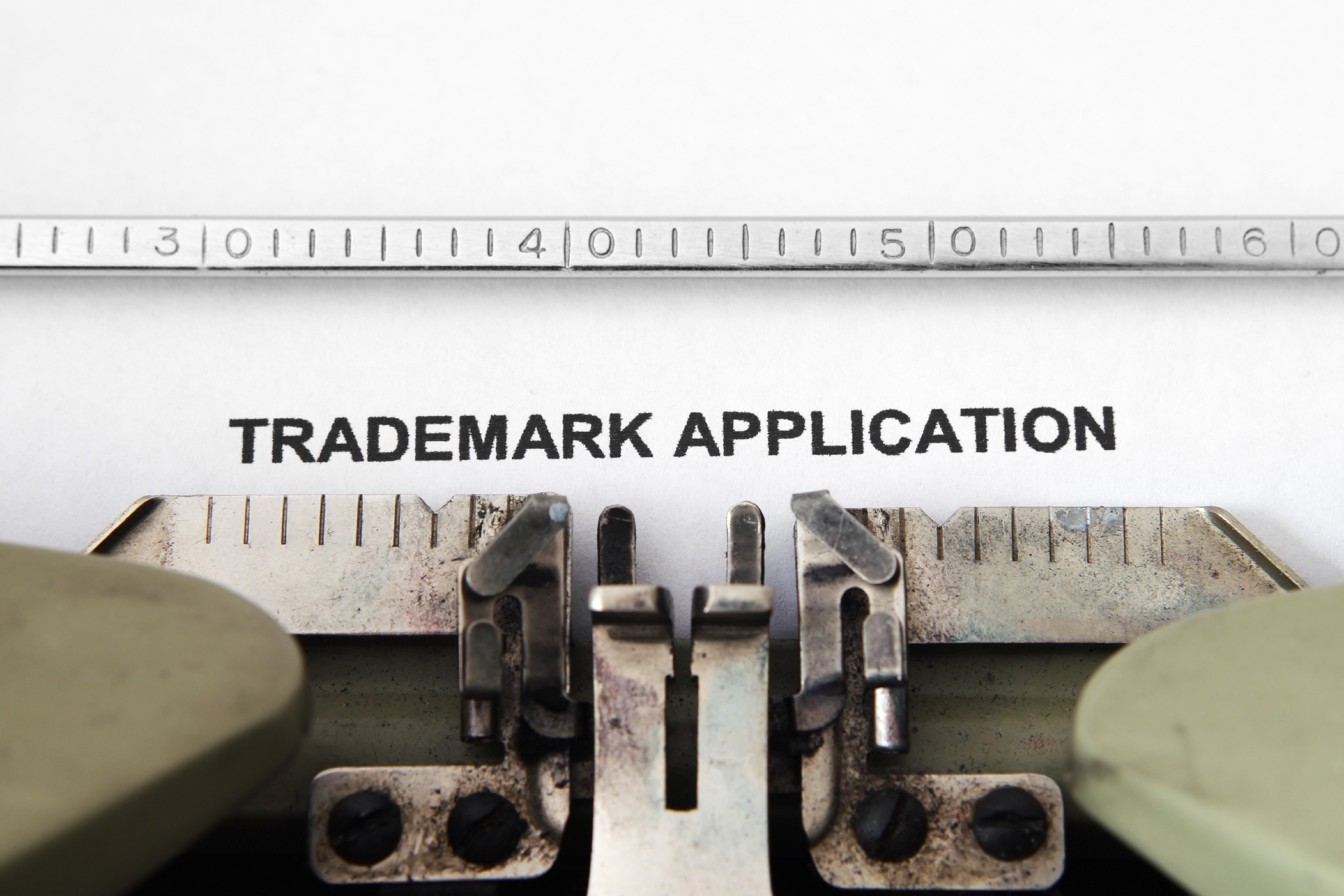Disparaging Trademarks: This Time It’s “Slants”
December 23, 2015
In what may prove to be a major First Amendment ruling in favor of offensive trademarks, a federal appeals court in Washington on December 22 said that the federal government may not refuse to register a trademark solely because it disparages certain people.
The case, In re Tam, arose in 2011 when “The Slants,” an Asian-American rock band, sought to trademark its name. The trademark office refused registration on the grounds that “slants” has long been a derogatory term for persons of Asian ancestry and hence was barred by a provision in the trademark act banning marks that disparage. The appeals court agreed that in this context “slants” is a slur but said, in effect, so what? The disparagement provision burdens messages that the government disapproves. But, said Judge Kimberly A. Moore of the U.S. Court of Appeals for the Federal Circuit, in striking down the trademark provision, “It is a bedrock principle underlying the First Amendment that the government may not penalize private speech merely because it disapproves of the message it conveys.”
This same provision lies at the heart of the Washington Redskins’ loss earlier this year of its federal trademarks for the team name, although its pending appeal is in a separate court that is not legally obliged to respect the holdings of the Federal Circuit. A conflict between two circuit courts often prompts the Supreme Court to resolve the issue.
In recent years, in addition to the name “Redskins,” the trademark office has refused registration to several other marks said to be disparaging, including “Stop the Islamisation of America,” “The Christian Prostitute,” “Mormon Whiskey,” “Democrats Shouldn’t Breed,” “Abort the Republicans,” “Squaw Valley,” “Don’t Be a Wet Back,” and an image, in the court’s words, “consisting of the national symbol of the Soviet Union with an ‘X’ over it.”
The band leader, Simon Shiao Tam, argued that he chose to name his band “The Slants” to “reclaim” and “take ownership” of old stereotypes and to “reappropriate the disparaging term.” His fellow band members “feel strongly that Asians should be proud of their cultural heritage and not be offended by stereotypical descriptions.”
Speaking for a 9–3 majority, Judge Moore said that the disparagement provision discriminates on its face on the basis of content. The trademark office tests whether a trademark runs afoul of the law by looking to “whether a substantial composite of the referenced group would find the mark disparaging.” If it does, the mark is denied protection. But that’s just the problem, said Judge Moore: “Listeners’ reaction to speech is not a content-neutral basis for regulation.”
The trademark office itself has admitted over the years that judging whether a mark is disparaging is “highly subjective.” It denied registration to “Satan is a Republican” for disparaging the Republican Party, but found no disparagement in a similar mark, “The Devil is a Democrat.” Such uncertainties “contribute significantly to the chilling effect on speech.”
The dissenters saw the case much more narrowly. They agreed with the majority that the trademark office unconstitutionally applied the disparagement provision to the band’s name. But they would not have voided the provision in its entirety. Instead, they would have upheld it in the commercial context of trademarks. They said that recent Supreme Court decisions permit the government to make content-based distinctions when it is subsidizing speech; trademarks, they concluded, are such subsidies.
Your email will not be posted on the site if you make a comment.


